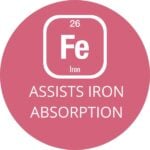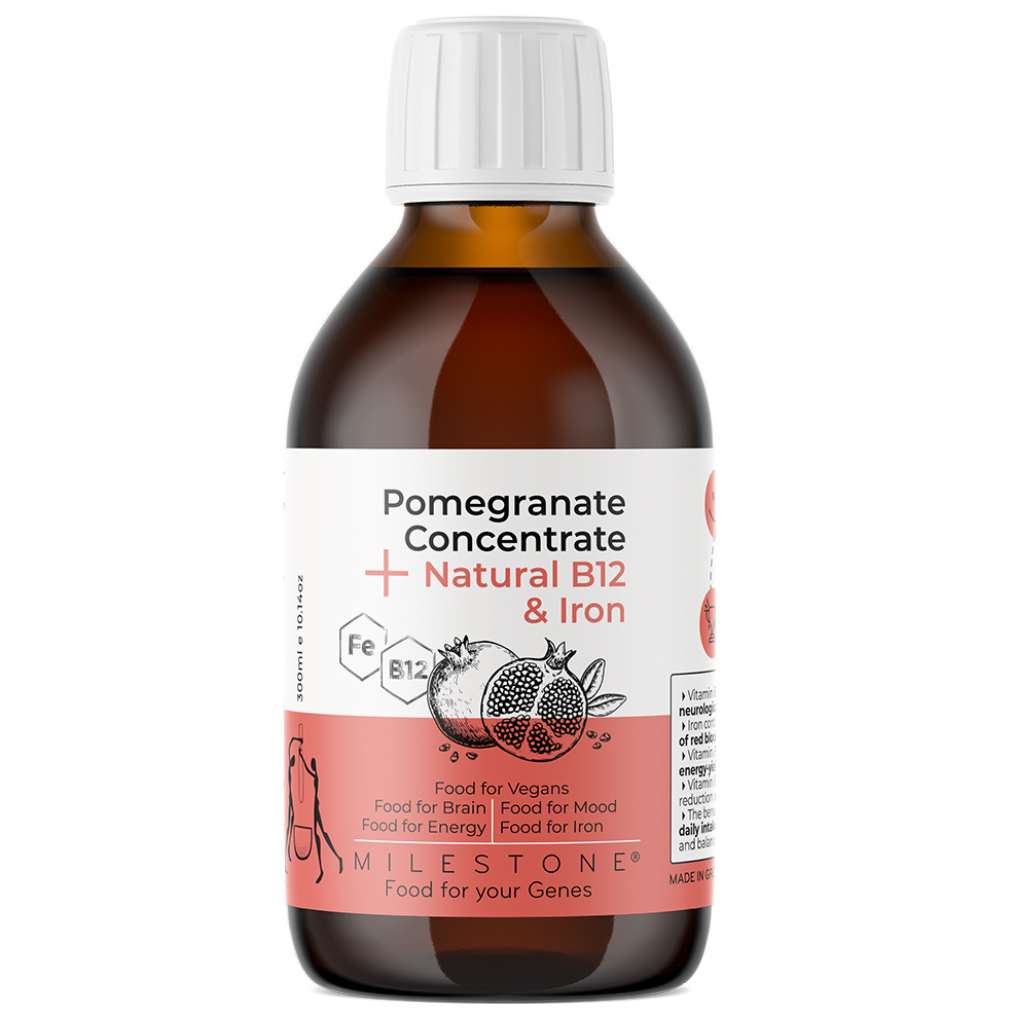- Getting Started
-
by k.mammasis

Foods that are rich in iron and nitrates are the key to increasing oxygen supply throughout your body. As a result of high concentration of polyphenols and nitrates, pomegranate may further increase the delivery of blood, oxygen, and energy substrates to skeletal muscle.
Pomegranates are rich in choline, iron, copper, zinc, and vitamins B3 and B6. They boost the bioavailability of nitric oxide, which enhances blood flow and oxygen delivery. Pomegranate seeds or juice that has just been squeezed can help dilate blood vessels and enhance blood flow. As a result, there is a reduced chance that low oxygen saturation will cause tissue damage.
Improve your O2 flow naturally
Foods containing iron and nitrate, folic acid, and vitamin B12 help complete iron assimilation into the blood. Hence, they increase the body’s oxygen-carrying capacity. This is why we have designed a liquid formula to do all this for you and boost your O2 blood level 100% naturally. Our Pomegranate Concentrate with Vegan Vitamin B12 and Iron contains it all in natural form and will assist you in iron dissimilation and absorption. Additionally, it holds a record for its extremely high polyphenols levels, which is the practical way of getting the excess free radical cells out of your body.



Iron is an essential mineral that plays a crucial role in the production of hemoglobin, a protein in red blood cells that carries oxygen throughout the body. Without adequate iron, the body cannot produce enough hemoglobin, which can lead to a condition called iron-deficiency anemia. This can result in lower levels of oxygen in the blood, leading to symptoms such as fatigue, weakness, and shortness of breath.
When you breathe in, oxygen is absorbed by the lungs and carried by the red blood cells to the body’s tissues. In the tissues, the oxygen is used to produce energy for the body’s cells. Iron is necessary for the production of hemoglobin, which binds with oxygen in the lungs and transports it to the body’s tissues.
Our pomegranate concentrate may increase your blood oxygen level through the above described mechanism.














